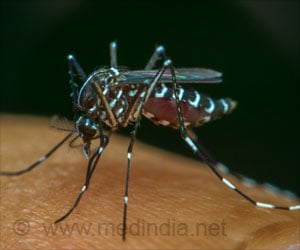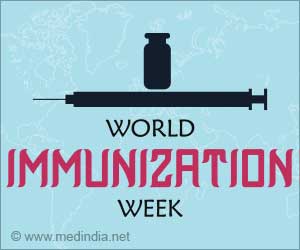Learn how the chemical synthesis method for mRNA can accelerate vaccine production, enhancing responses to viral outbreaks and advancing future medical treatments.

Development of hydrophobic tag purifying monophosphorylated RNA for chemical synthesis of capped mRNA and enzymatic synthesis of circular mRNA
Go to source).
‘Chemically synthesized #mRNA can decrease the strong #immune_responses to #vaccines and prolong #medicinal effects. #medindia’





Chemically Synthesized mRNA
The potential of mRNA technology in preventing infectious diseases has gained significant attention, particularly due to its vital role in combating the COVID-19 pandemic.Experts believe that mRNA technology will be utilized in the future to address new diseases and genetic disorders. However, challenges related to production speed and purity pose difficulties in mRNA manufacturing.
These problems can be addressed using fully chemically synthesized mRNA. According to Masahito Inagaki: “One of the most significant advantages of fully chemically synthesized mRNA is its ability to bypass the complex and time-consuming enzymatic reactions typically required in mRNA production. A method that relies purely on chemical reactions would significantly shorten the production process.”
It also offers benefits to people that have strong immune responses to vaccines. mRNA that is derived from 5’-monophosphorylated RNA is susceptible to contamination by incomplete RNA fragments, causing a strong immune reaction.
This immune response increases the risk of side effects, particularly inflammation. However, existing purification technologies have struggled to remove these impurities, limiting its potential.
Advertisement
Synthesizing Pure mRNA for Vaccine Manufacturing
Inagaki explained: “Nitrobenzyl groups have high hydrophobicity; therefore, when the nitrobenzyl group is introduced into the RNA molecule, the mRNA becomes more hydrophobic. As impure RNA lacks nitrobenzyl groups, it can be easily separated from the target RNA containing nitrobenzyl groups using reverse-phase high-performance liquid chromatography. This approach yields pure RNA, free from length inconsistencies and impurities typically associated with transcription-based synthesis methods.”The breakthrough in mRNA production has significant implications for the future of medical treatments. “This innovation paves the way for the highly efficient production of fully chemically synthesized mRNA and circular mRNA, which hold the potential to revolutionize RNA drug discovery and expand the scope of mRNA-based treatments,” Abe said.
Faster and purer vaccine production should improve our response times to future infectious threats. In the future, the team hopes to also use these results to develop new mRNA vaccines for cancer antigens and genetic diseases.
Reference:
- Development of hydrophobic tag purifying monophosphorylated RNA for chemical synthesis of capped mRNA and enzymatic synthesis of circular mRNA- (https:academic.oup.com/nar/advance-article/doi/10.1093/nar/gkae847/7814700)
Source-Eurekalert











